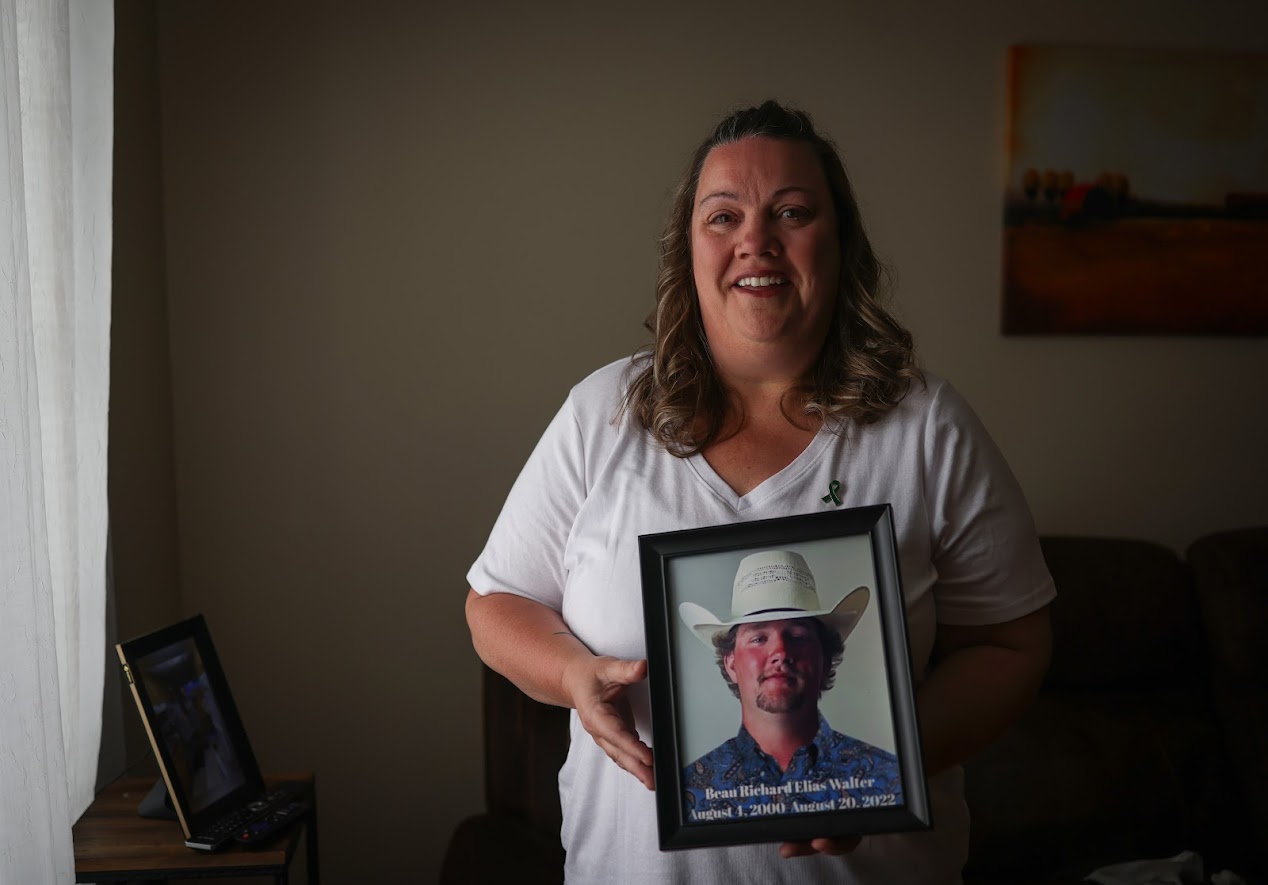“People don’t always appreciate just how rare the opportunities for organ donation are, and in turn, how precious they are,” Kramer says. “I think a lot of people assume that their organs can be utilized at the end of their life (but) in fact, people do have to die in a certain way in order for their organs to be used.”
For a person’s organs to be considered for donation, they must already be on life support. This can occur when someone is injured in a severe car accident or experiences a spontaneous brain bleed or a fall.
Kramer says that many more people are likely to be considered for tissue donation at the end of their lives. One tissue donor can help heal up to 75 people, with life-changing gifts such as eyes, heart valves, bones, tendons and skin, among others.
Tissue donors can be as young as newborn or as old as 80. For organ donation, there is no age limit. All cases are evaluated on an individual basis. The quality of the organ is more important than its age, and an illness may not impact all organs in your body.
“It is very much an individual decision, and certainly whatever their views are will of course be respected,” he says. “Organ and tissue donation are very positive things. They have a massive impact on the lives of the recipients of those organs and tissues.”
Above all, Kramer adds that becoming an organ donor is a very personal decision. He emphasizes the impact that this decision can have on those who are in desperate need of a transplant to save their lives or significantly improve their quality of life.
“People have the right to not have that done at the end of their life and that’s okay, too. But there very much is a need, and it is really important,” he says. “It’s a gift.”
This content was supplied by the advertiser for commercial purposes. It is not written by and does not necessarily reflect the views of Edify staff.
